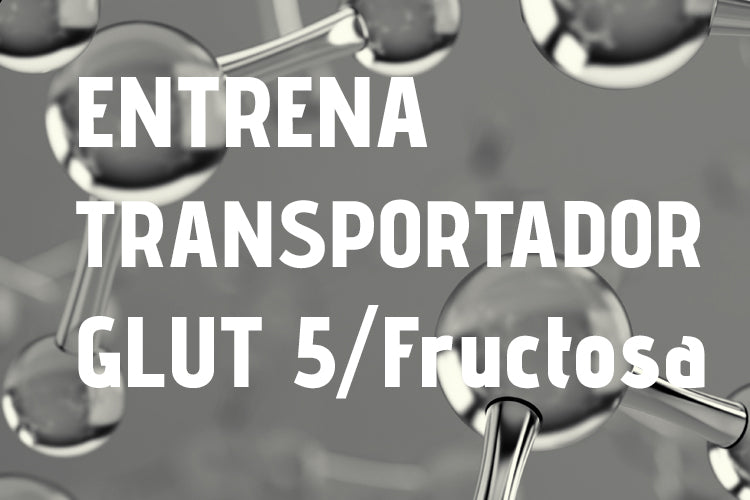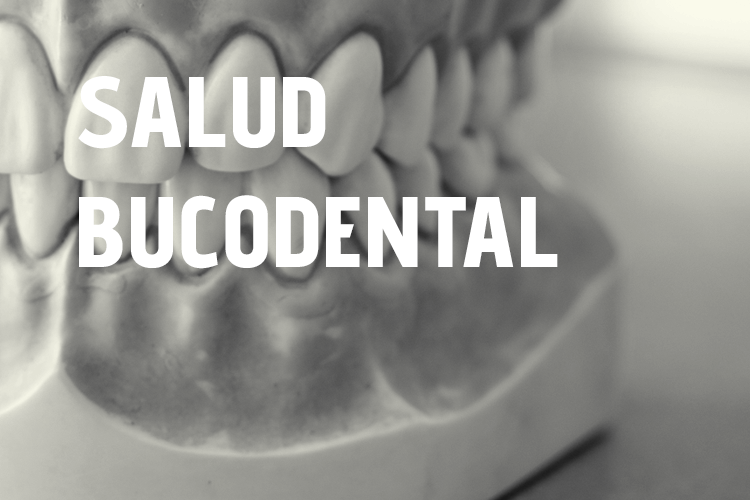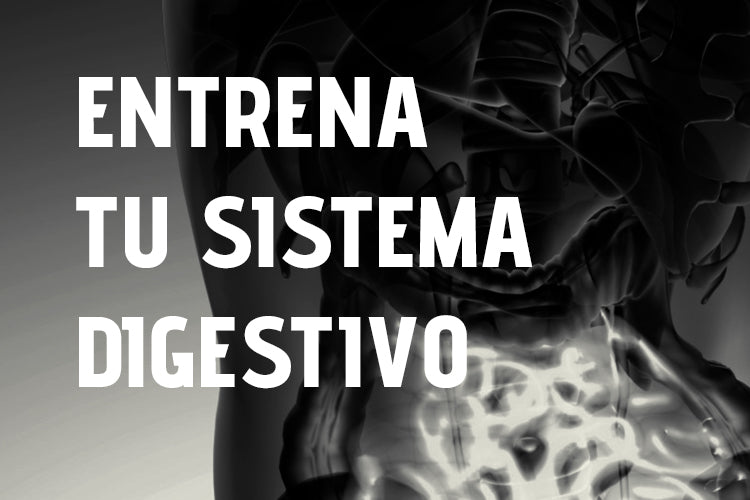Gastric emptying is a rate-limiting step in the delivery and absorption of nutrients and fluids in the small intestine. Therefore, the rate at which nutrients empty from the stomach directly affects the period of gastric distension and nutrient uptake.
Several hormones secreted by the gastrointestinal tract involved in appetite regulation have also been shown to influence the rate of gastric emptying. Ghrelin, the only anorexigenic hormone, accelerates the rate of gastric emptying (1) .
The gastrointestinal tract has been shown to be a highly adaptable organ. Gastric emptying in humans is influenced by previous dietary intake. Increases in the gastric emptying rate of a high-fat test meal after three days of a high-fat diet (2) and increases in the gastric emptying rate of a glucose test solution after 3 days of high glucose intake (3 , 4) have been shown.
More recently, it has been shown that three days of dietary fructose supplementation results in a monosaccharide-specific acceleration of absorption from a fructose solution but not from a glucose solution (1). One potential mechanism for this adaptation is an alteration in gastrointestinal hormonal response.
With respect to increased dietary carbohydrate intake, increased glucose intake for 4 to 7 days resulted in accelerated gastric emptying of glucose (maltodextrin) and fructose solutions, but differential gut hormone responses (4) . Greater glucose-dependent insulinotropic polypeptide (GIP) hormonal responses were observed after the glucose-supplemented diet for both sugar solutions (4) .
Therefore, we advise you, when you're changing phases ( "Training the Gut" guide ), to keep in mind that during these weeks you should maintain a high-carbohydrate diet, above 60% of your total intake, to improve your gastric emptying rate and better tolerate the increase in CHO/h when you move from one phase to another. This is especially recommended for phases with more than 80 grams per hour.

Since ghrelin is known to accelerate gastric emptying, these fasting and postprandial observations would suggest a slight initial acceleration of the emptying rate for both glucose and fructose solutions. Therefore, this does not solely explain the fructose-specific acceleration of the emptying rate. However, differences in the responses of other hormones to counteract changes in ghrelin response may offer some explanation.
In conclusion, current scientific evidence supports that three days of dietary supplementation with 120 g of fructose per day results in an accelerated gastric emptying rate of a fructose solution but not a glucose solution. This monosaccharide-specific adaptation may be partly explained by the moderation of ghrelin secretion, although larger numbers of participants may be required to elucidate clearer differences in gut-derived hormonal responses after supplementation. The adaptability of the gut and the mechanisms responsible for this should be further investigated with short- and long-term studies, along with subsequent effects on food intake.

Literature
- Yau AM, McLaughlin J, Maughan RJ, et al. Short-term dietary supplementation with fructose accelerates gastric emptying of a fructose but not a glucose solution. Nutrition. 2014;30:1344–8
- Clegg, M.E.; McKenna, P.; McClean, C.; Dabison, G.W. Trinick, T.; duly, E.; Shafat, A. Gastrointestinal transit, postprandial lipemia, and satiety after a 3-day high-fat diet in men. EUR. J. Clin. Nutrition 2011, 65, 240–246
- Cunningham, K.M.; Horowitz, M.; Read, NW The effect of short-term dietary supplementation with glucose on gastric emptying in humans. Brother J. Nutr. 1991, 65, 15–19.
- Horowitz, M.; Cunningham, K.M.; Wishart, J.M.; Jones, K.L.; Read, NW The effect of short-term dietary supplementation with glucose on gastric emptying of glucose and fructose and oral glucose tolerance in normal subjects. Diabetology 1996, 39, 481–486




Leave a comment
This site is protected by hCaptcha and the hCaptcha Privacy Policy and Terms of Service apply.